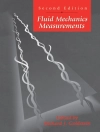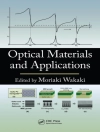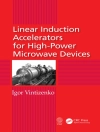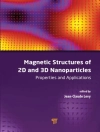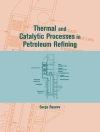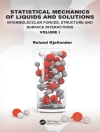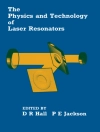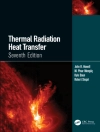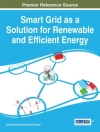This book describes the ideal magnetohydrodynamic (MHD) theory for magnetically confined fusion plasmas. Advanced topics are presented in an attempt to fill the gap between up-to-date research developments and plasma physics textbooks. Each topic is self-contained and trackable, with the mathematical treatments detailed and underlying physics explained. Both analytical theories and numerical schemes are also provided, and the current research developments in this field as well as the future prospects are discussed.
Nowadays, it is believed that if the ideal MHD theory predicts major instabilities, none of the magnetic confinements of fusion plasmas can survive. The conventional ideal MHD framework is reviewed in this text together with the newly developed multi-parallel-fluid MHD theory; the MHD equilibrium theory and code are described with the non-letter- “X’ separatrix feature pointed out. The continuum modes, quasi-modes, phase mixing, and Alfvén resonance heating are analysed and analytical theories for MHD stability in tokamak configurations are systematically presented, such as the interchange, peeling, ballooning, toroidal Alfvén modes, and kink type of modes. The global stability computations are also addressed, including resistive wall modes, error-field amplifications and Alfvén modes.
Innehållsförteckning
Contents Preface
1 Fusion energy: concepts and prospects 1.1 Nuclear Fusion and Lawson’s criterion 1.2 Magnetic confinement 1.2.1 Tokamak 1.2.2 Stellarator 1.2.3 Rotating theta-pinched mirror 1.3 Inertial confinement Bibliography
2 Ideal MHD equations and multi-parallel-fluid MHD theory 2.1 Moments of the kinetic equation 2.1.1 Continuity equation 2.1.2 Momentum equation 2.1.3 Energy equation 2.1.4 Entropy equation and adiabatic assumption 2.2 Ideal MHD equations 2.3 Multi-parallel-fluid MHD theory Bibliography
3 MHD equilibrium 3.1 Flux coordinates for symmetric system 3.2 Grad-Shafranov equation 3.3 Green function and free boundary equilibrium 3.4 Solov´ev solution and modification 3.5 Local equilibrium near the X-point 3.6 Numerical solution of Grad-Shafranov equation: ATEQ code 3.7 Mirror equilibrium Bibliography
4 Ideal MHD energy principle 4.1 Linear ideal MHD energy principle 4.2 Energy minimization for localized interchange modes 4.3 Energy minimization for high n modes 4.4 Energy principle for tokamak geometry 4.4.1 Plasma energy 4.4.2 Vacuum energy 4.5 Energy principle in cylinder model Bibliography
5 MHD mode spectrum in tokamaks 5.1 Singular differential equation in the MHD system 5.2 Alfv´en continuum theory in the real space 5.3 Continuum theory in the complex space: Quasi-mides 5.4 Initial value problem: Phase mixing 5.5 Inhomogeneous boundary value problem: Plasma heating 5.6 Tokamak global MHD spectrum Bibliography
6 MHD stability theory in tokamaks 6.1 Radially localized modes: Mercier criterion 6.2 External radially localized modes: Peeling modes 6.3 Ballooning modes 6.3.1 Ballooning mode representation and equations 6.3.2 Asymptotic behavior 6.3.3 Steep-pressure-gradient equilibrium model 6.4 Toroidal Alfv´en eigenmodes 6.4.1 TAE theory in the configuration space 6.4.2 TAE theory in the ballooning representation space 6.5 Internal kink type of modes 6.5.1 Configuration space description 6.5.2 Ballooning representation space description Bibliography
7 Global MHD stability computation: internal and external modes 7.1 Internal modes 7.2 External kink modes 7.3 Resistive wall modes 7.3.1 Rotation stabilization 7.4 Error field amplification 7.5 Alfv´en modes Bibliography
8 Concluding remarks Bibliography Appendix A Derivation of some basic MHD formula B Acronym list Bibliography
Om författaren
Linjin Zheng is a theoretical physicist for controlled thermonuclear fusion plasmas. He received his Ph D from the Institute of Physics at the Chinese Academy of Sciences in Beijing. He is currently working at the Institute for Fusion Studies at The University of Texas at Austin. His major contributions, with his colleagues, include the reformulation of gyrokinetic theory, development of the theoretical interpretation for the so-called edge localized modes, invention of the free boundary ballooning representation, discoveries of 2nd toroidal Alfvén eigenmodes and current interchange tearing modes.



